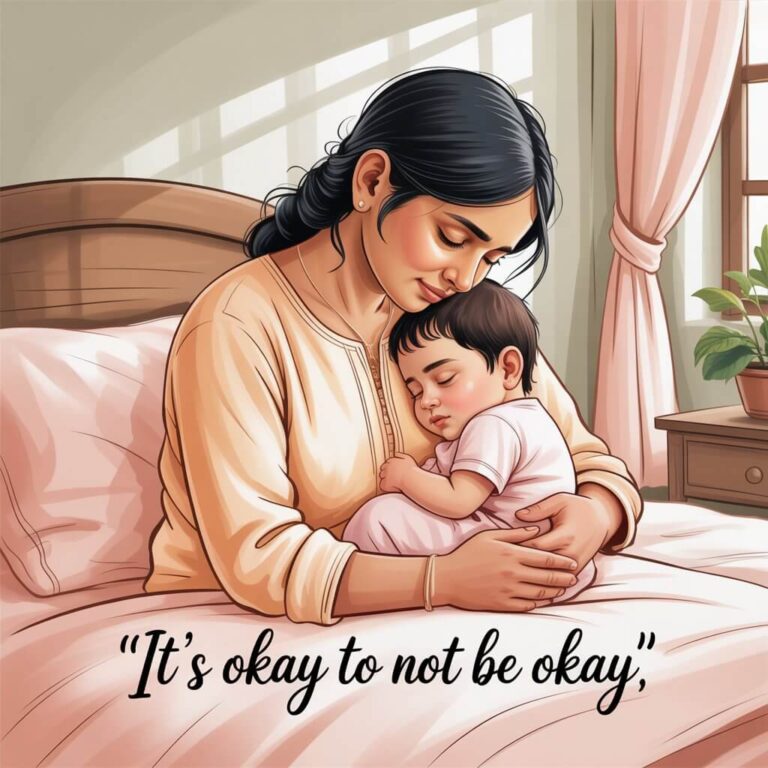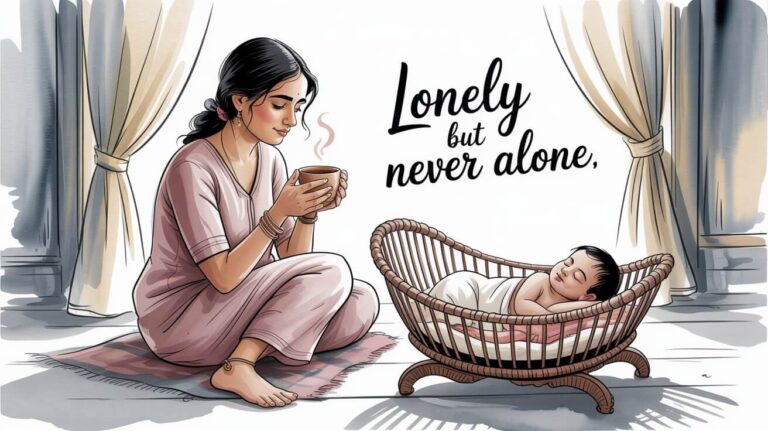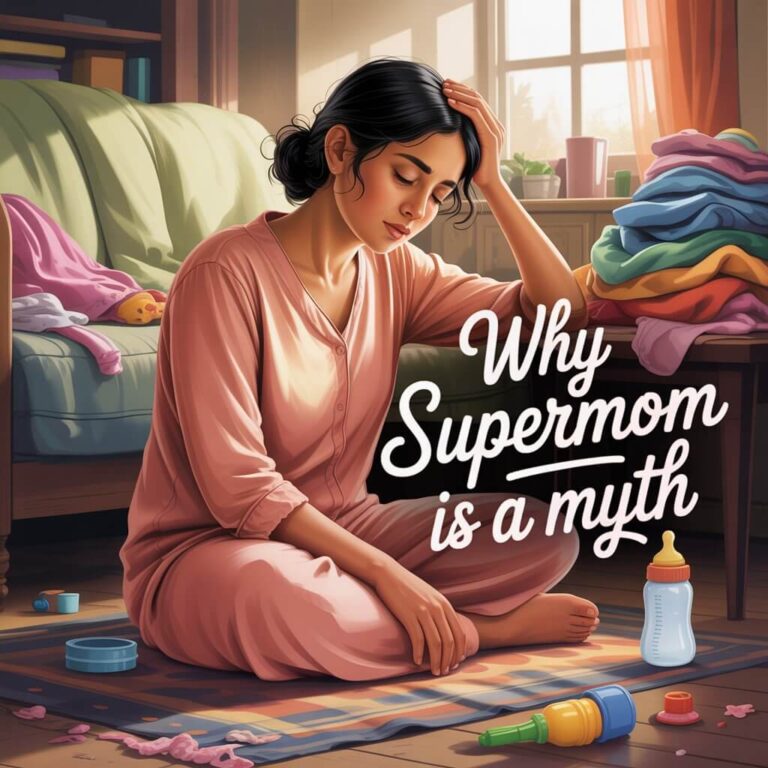The journey to parenthood is often filled with hope, anticipation, and dreams of holding a little one in your arms. But for many couples, each month that passes without a positive pregnancy test can feel like a crushing wave of disappointment. The emotions of trying to conceive (TTC) are complex—ranging from optimism to frustration, sadness, and sometimes even guilt. If you have been struggling with this, know that you are not alone. Millions of couples worldwide face the same rollercoaster of emotions. Learning how to deal with disappointment of not conceiving is a vital step in protecting your mental health, your relationship, and your overall well-being during this sensitive time.
Understanding the Emotional Impact of Not Conceiving
When conception does not happen despite repeated efforts, the disappointment can feel overwhelming. It’s not just about the negative pregnancy test—it’s about the loss of the dream you nurtured all month long. The wait during the two-week window builds anticipation, and when the result isn’t what you hoped for, the sadness can be heavy.

This cycle of hope and heartbreak can lead to stress, anxiety, irritability, and even depression. Many women blame themselves or feel something is “wrong” with their body. Men too, though less openly expressive, often feel helpless or burdened with unspoken pressure. Recognizing these emotions as natural, rather than signs of weakness. It is the first step in learning how to deal with disappointment of not conceiving.
Why Disappointment Feels So Intense
The sadness of not conceiving is layered. It isn’t just about the pregnancy itself—it ties into societal expectations, family pressure, and your personal longing for parenthood. Cultural norms often add extra weight, especially in countries like India where relatives and peers may ask intrusive questions.
Physiologically, the hormonal changes women experience during their menstrual cycle can also intensify emotions. Estrogen and progesterone shifts impact mood, making the sadness feel heavier and harder to process. Understanding this connection helps you realize that the disappointment is not just in your mind—it’s also influenced by real biological changes.
How to Deal with Disappointment of Not Conceiving
The path forward is not about ignoring your emotions, but about finding healthier ways to process them. Here are some compassionate strategies to support you through this journey:
1. Allow Yourself to Feel the Emotions
The first and most important step is giving yourself permission to grieve. Many women push their feelings aside, telling themselves to “be strong.” But bottling emotions often makes the pain worse. Cry if you need to. Journal your thoughts. Talk to your partner or a trusted friend. Acknowledging the sadness helps you move through it, instead of being stuck in it.
2. Avoid Self-Blame
One of the hardest parts of this journey is the tendency to blame yourself. You might wonder if your diet, stress levels, or past decisions are the cause. Infertility is more common than many people realize, and understanding the medical side can help reduce self-blame. According to the Mayo Clinic’s overview on infertility, several factors can affect conception, many of which are beyond personal control. Be kind to yourself. Not conceiving is not a reflection of your worth, femininity, or capabilities.
3. Strengthen Communication with Your Partner
Couples often process disappointment differently. While one partner may want to talk, the other might prefer silence. This mismatch can create tension. Instead, openly share your feelings with each other. Use “I feel” statements rather than blame, and try to understand each other’s coping styles. Remember, you’re on the same team, and supporting each other is key.
4. Seek Professional Guidance
If the disappointment feels too overwhelming, consider speaking with a counselor, therapist, or support group that specializes in fertility-related issues. Sometimes, sharing your journey with others who truly understand makes the burden feel lighter. Professional therapy also provides abilities to manage stress and anxiety more effectively.
5. Focus on Self-Care
When struggling with how to deal with disappointment of not conceiving, prioritizing your health becomes even more important. Gentle exercise, yoga, meditation, or even a simple walk in nature can calm your mind. Balanced nutrition not only supports fertility but also helps stabilize mood. Good sleep is equally vital, as fatigue often amplifies negative emotions.
6. Set Healthy Boundaries
Questions like “When are you planning a baby?” can sting when you’re already hurting. It’s okay to set boundaries with family, friends, or even colleagues. You don’t owe anyone explanations about your personal journey. Prepare polite but firm responses, such as “We’re focusing on our health right now” or “We’ll share updates when we’re ready.”
7. Explore Other Sources of Joy
While TTC is important, it doesn’t have to define every moment of your life. Reconnect with hobbies, spend time with loved ones, or travel if possible. Engaging in activities that bring joy can help you feel whole, rather than solely focused on the disappointment.
8. Consider Medical Evaluation When Ready
If you’ve been trying for a while without success, consulting a fertility specialist might be the next step. Knowing the medical reasons, if any, can give you clarity and options. Sometimes small lifestyle changes or medical treatments make a big difference. But take this step only when you feel emotionally ready, not out of panic.
The Importance of Hope and Patience
The disappointment of not conceiving is very real, but it’s also important to hold onto hope. Many couples conceive after months—or even years—of trying. Modern medical advancements, along with lifestyle support, have increased fertility options for couples significantly.
Hope doesn’t mean ignoring your current pain; it means trusting that your journey is still unfolding. Practicing patience with yourself and your body allows healing and resilience to grow.
Supporting Each Other as a Couple
One of the strongest ways to cope with disappointment is by standing together as a couple. Instead of seeing this struggle as “your problem” or “my problem,” shift to “our journey.” Celebrate small victories, like sticking to a healthier lifestyle, or simply making it through another month together with compassion.
Intimacy should also not become purely goal-oriented. Nurture your bond with affection, fun dates, and shared laughter. Keeping your relationship strong ensures that regardless of the outcome, your partnership remains a source of strength.
When to Seek Extra Help
If sadness turns into persistent depression, if you find yourself withdrawing from daily life, or if your relationship is being severely strained, it may be time to seek extra help. Professional counseling, support groups, or even speaking to your doctor about managing stress can make a huge difference. Fertility struggles are not just physical—they are deeply emotional, and there is no shame in asking for support.
Final Thoughts
Learning how to deal with disappointment of not conceiving is a journey in itself. It requires patience, compassion, and resilience. The pain you feel is valid, but it does not define you. Allow yourself to grieve, lean on your partner, seek support when needed, and focus on nurturing your mind and body.
Every couple’s path to parenthood looks different. Some conceive naturally after time, others through medical assistance, and some discover new ways of embracing parenthood. Whatever your journey may be, remind yourself—you are not alone, your feelings are real, and there is always hope.
FAQs on How to Deal with Disappointment of Not Conceiving
Why do I feel so sad every month when I don’t conceive?
It’s completely normal to feel grief and sadness. Learning how to deal with disappointment of not conceiving starts with acknowledging your emotions instead of suppressing them.
Can stress make it harder to conceive?
Yes, high stress can affect hormones and ovulation. Practicing relaxation techniques not only supports fertility but also helps in dealing with disappointment of not conceiving.
When should I see a doctor?
If you’ve been trying for a year (or six months if you’re over 35), it’s wise to seek medical advice. Professional guidance can help you understand next steps while you focus on how to deal with disappointment of not conceiving.







